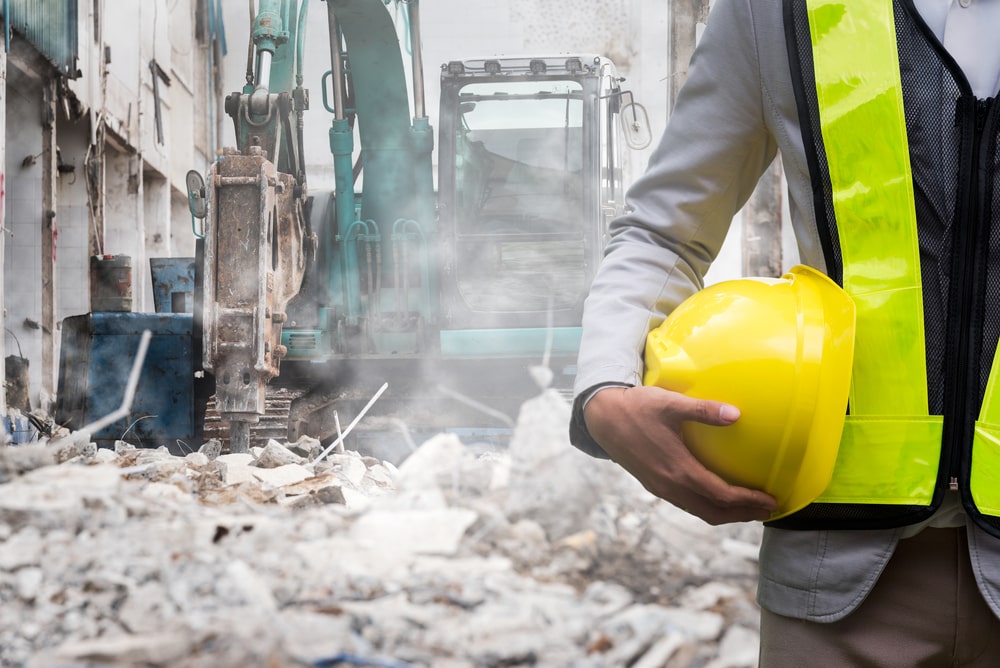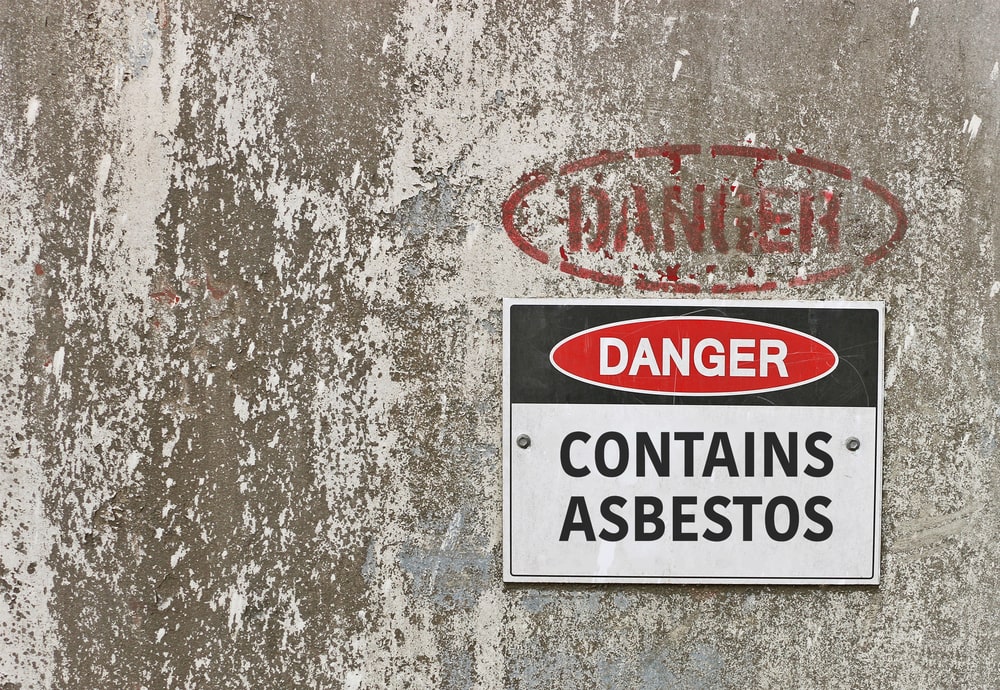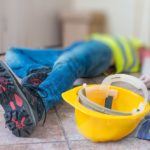News - Construction News
HSE Dust Kills campaign

The HSE is launching its summer safety campaign which will target construction sites across Great Britain, focussing on respiratory risks from exposure to dust.
Failure to prevent life-threatening diseases caused by dust at work is unacceptable, says the Health and Safety Executive (HSE). The Dust Kills campaign provides free advice to businesses and workers on the control measures required to prevent exposure to dust.
Each year in the construction industry, there are thousands of preventable cases of irreversible lung disease due to past exposure to dust at work. These diseases often have a life-changing impact and can result in an early death.
HSE’s chief inspector of construction, Michael Thomas, said: “Every year we see construction workers die from diseases caused or made worse by their work. This is unacceptable in the 21st century, when occupational lung disease is preventable.
“We are urging employers and workers to take the necessary precautions today to protect their long-term lung health, to avoid them and their families suffering from the devastating impact that can result.”
Site inspections carried out by investigators as part of a respiratory health intervention initiative, will specifically focus on dust control, checking employers and workers know the risks, plan their work, and are using the right controls.
Inspectors will be checking the control measures in place to protect workers from inhaling construction dusts including silica (Respirable Crystalline Silica/RCS) and wood dust. They will also gain assurances that asbestos containing materials have been identified and removed or managed where necessary to prevent or reduce exposure.
The primary aim of the inspection initiative is to ensure workers’ health is being protected. However, if safety risks or other areas of concern are identified, inspectors will take the necessary action to deal with them.
Michael Thomas continued: “Our inspectors will visit a range of construction sites to check businesses are taking the necessary action to ensure their workers’ long-term respiratory health is being protected. Through engaging with those on site, we can make sure they have considered the job from start to finish, have considered the risks at each stage, and are managing the risks with effective measures in line with the broad hierarchy of control options such as water suppression, extraction, and as a last resort Respiratory Protective Equipment (RPE).”
If you would like to read more stories like this, then please click here
Related Articles
More News
- Reforms to Building Safety Regulator to accelerate housebuilding
15 Jul 25
Delays to building new high-rise homes will be unblocked through a new package of reforms
- New £39Bn Social and Affordable Homes Programme
14 Jul 25
Hundreds of thousands of social and affordable homes, including 60% for social rent.
- UK Introduces New Trade Measures to Support Steel Sector
11 Jul 25
Steel producers across the UK will benefit from stronger trade measures from 1 July.






